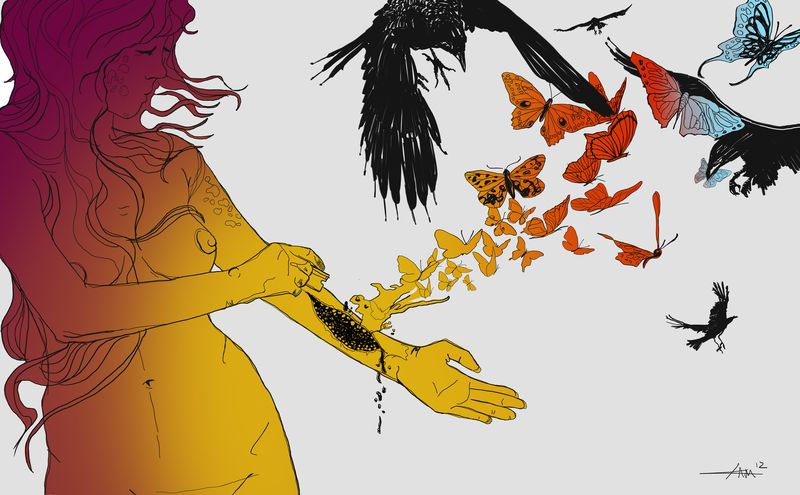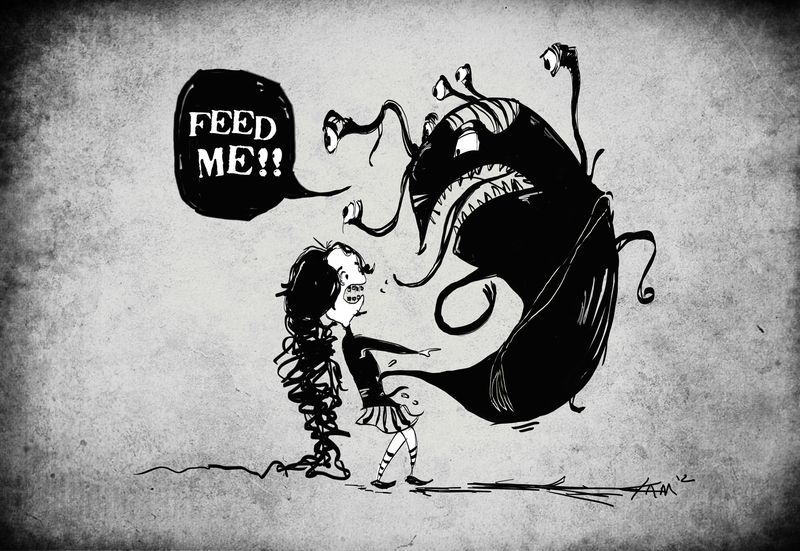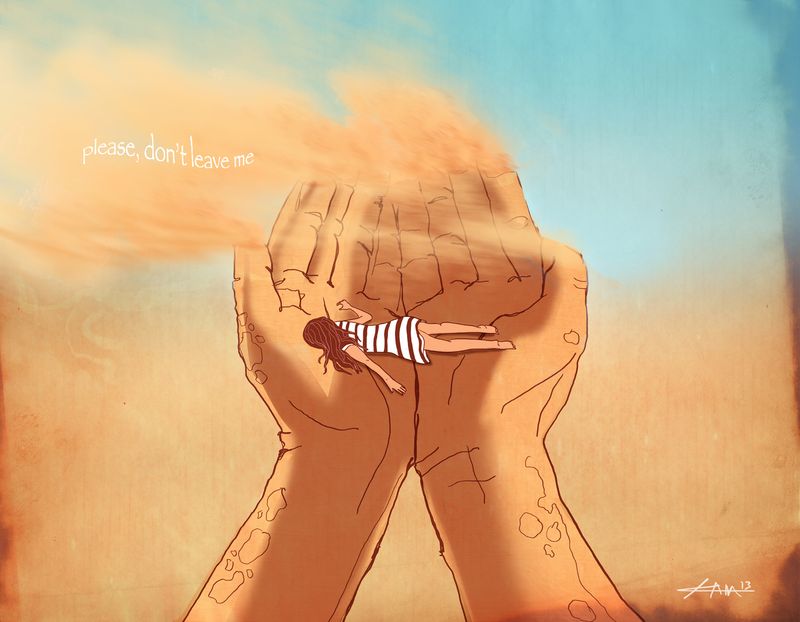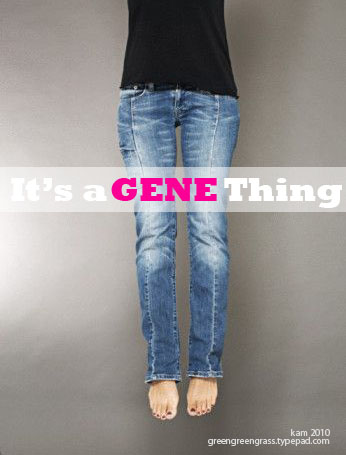The textbook version of Hereditary Inclusion Body Myopathy (HIBM) looks like this:
HIBM are a heterogenous group of rare/orphan genetic disorders which have different symptoms and could be transmitted in an autosomal dominant or recessive fashion.
Generally, they are neuromuscular disorders, unlike MD which is skeletal muscle weakness, characterized by muscle weakness developing in young adults, causing progressive muscle wasting and weakness that can lead to very severe disability within 10 - 20 years. HIBM is also known as Distal Myopathy with Rimmed Vacuoles (DMRV), Quadriceps Sparing Myopathy (QSM), or GNE related muscle disease.
Now I could go into it further, talking about HIBM linked to chromosome 9, the defective gene regulating bifunctional enzyme GNE, that is the rate-limiting step in the biosynthesis of sialic acid and that Sialic acid modification of glycolipids and glycoproteins at the cell surface is crucial for their function in many biological processes BUT I'm guessing no one wants to read that or understands the "meaning" except for those in biomedical research.
The experience is so much different than the textbook image. In 2003, over the phone of all places, Mayo Clinic gave me my HIBM diagnosis. But my symptoms probably began in 1997/1998. Due to having 5 previous incorrect diagnosis', and a series of bad medical experiences which I will probably share later, I wasn't even sure if HIBM was the correct diagnosis. Clinically, though, I treated it as if it was, so at the very least I could seek next steps...if there were any. I'm the researcher type so naturally that's where I started. I remember sitting in a dimly lit college computer lab perusing online medical journals for information only to find the same bits of word clusters. I read the textbook definition, the prognosis, the symptoms and the black insubstantial words staring back at me; RARE, WHEELCHAIR, WEAKNESS, DEBILITATING, GENETIC, NO CURE, LIFELONG. I thought, "Well this can't be all of it. It doesn't make sense, there has to be more information...something". In actuality, it wasn't the information -- I just hadn't attached meaning to it yet. I was alone in my space - in that college lab feeling neither sad nor angry, but detached. I had been through a number of diagnosis' before, the poking and the prodding, the muscle biopsies, so to me this was just another diagnosis. I had a life to live and these words meant nothing to me, at least not as much as they do now.
In 2004 I remember visiting my physiatrist with this new diagnosis in hand thinking perhaps he would create some understanding out of all my research efforts. He evaluated me and asked me weird things like, "Can you be in a sitting position and rise without needing to hold onto anything?"
I thought, "What a silly question. Of course I can" and would demonstrate it for him in an almost cocky-like manner. "Hmmm, I can do this all day, Doc. Keep it coming".
Today, getting up and down from a seated position is difficult and slowly turning into non-existent. That moment in the physiatrist's office is suddenly clearer and more real than it was when it actually happened. As the years progress, so does my body and when I recognize those measurable moments of progression such as; climbing stairs becoming difficult to non-existent, to not being able to ascend curbs, to not always being able to roll over in bed by myself or having trouble with unscrewing a toothpaste cap, I grab from those insubstantial black words I read in that dimly lit library and I start to attach meaning to them - slowly, like adding photographs to a scrapbook.
de·bil·i·tat·ing (dĭ-bĭlˈĭ-tāˌtĭng) adj. Latin debilitatus, past participle of debilitare to weaken, from debilis weak
"Ahhh, yes. I know what that word means. Gosh darn it, I went to college and Webster tells me what YOU mean", but I so didn't. I so did not.
People who know me would probably say I'm upbeat, full of ambition, positive, optimistic but the truth is it can't possibly always be that way all the time...for anyone. It's not as easy as it may seem and everything is not "ok" all the time. There are days when it is hard to gracefully swallow the reality. Throughout my posts I hope that my condition will become less of a name and more of an experience. It's not meant to drum up pity or sadness for I have no use for such things and that crap is counter-productive, but perhaps I can paint a picture for the strangers who may be reading this or other fellow patients. So, what is HIBM, anyways? It's a part of me but not all of me. It can't be explained in just one post or one definition and the definition isn't as important as the experience. I'll keep sharing - I hope you'll keep reading and let's see how this thing turns out. :)











